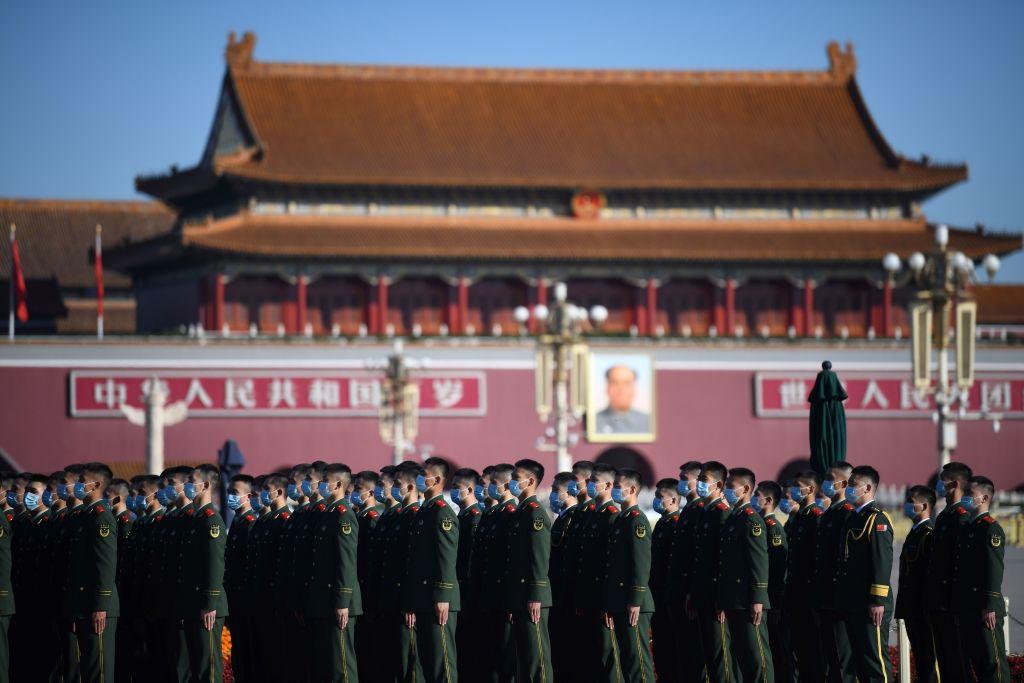China’s Ministry of Commerce issued new rules on Jan. 9 in a bid to push back on sanctions and restrictions imposed by foreign governments against Chinese companies and individuals.
An order on “unjustified” foreign legislation published on the Ministry’s website instructs Chinese entities to report within 30 days if they are affected by foreign laws that “improperly prohibit or restrict” Chinese citizens, companies, and organizations from conducting “normal economic, trade, and related activities with a third state or its citizens.”




